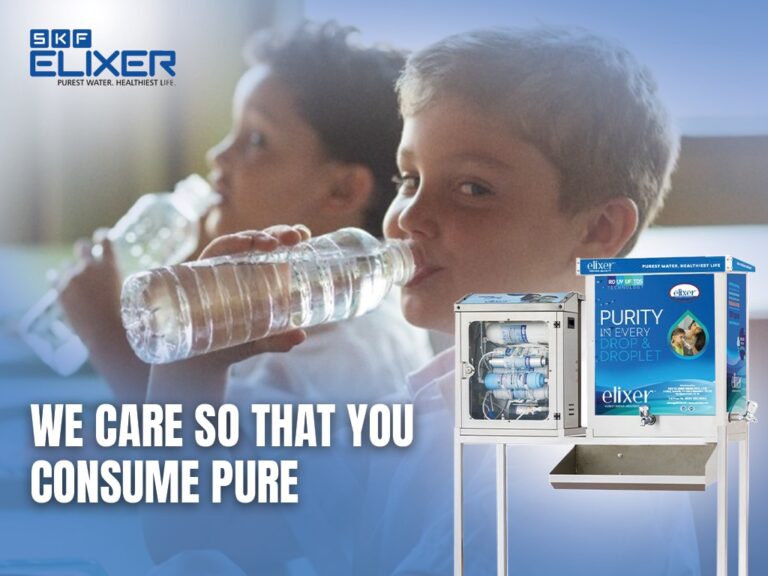Table of Contents
Good reads are meant to be shared
Small sewer treatment plants, often also referred to as small wastewater treatment plants, are designed to handle sewage from smaller populations or specific sites where connecting to a larger municipal system isn’t feasible. Here’s an exploration of their applications:
Types of Small Sewer Treatment:
- Mini Wastewater Treatment Plant: Often modular, designed for very small volumes or single-family use, providing efficient sewer treatment solutions.
- Containerized Wastewater Treatment Plant: Portable, compact systems housed in shipping containers, ideal for temporary or emergency sewer treatment needs.
- Mini Sewage Treatment Plant: Similar to mini wastewater plants but focused on domestic sewage, suitable for small communities or single buildings requiring reliable sewer treatment.
Advantages of Small Scale Systems:
- Flexibility: Can be tailored to the specific needs of the location or population served.
- Cost-Effectiveness: For areas where connecting to a central system would be prohibitively expensive.
- Environmental Benefits: Reduces pollution by treating waste locally, potentially allowing for water reuse.
- Scalability: Some systems can be expanded as the population or waste volume increases.
Considerations :
- Maintenance: Regular upkeep is necessary to ensure the system functions correctly and does not become a source of pollution.
- Regulatory Compliance: Must meet local environmental regulations for discharge or reuse of treated water.
- Energy Use: Some systems might require electricity, affecting operational costs.
Applications:
- Residential Areas:
- Housing Developments: In rural or suburban areas, where homes are too far from municipal lines, these systems serve clusters of homes or individual properties.
- Single Homes: Especially useful in remote locations or for properties with high water usage.
- Commercial Properties:
- Hotels or Resorts: Where there’s a significant amount of wastewater but no access to city sewage systems.
- Restaurants, Cafes: Particularly beneficial in areas with seasonal or variable occupancy.
- Industrial Sites:
- Factories or Plants: For treating industrial effluent before discharge or reuse, especially in industries with specific wastewater characteristics.
- Construction Sites: Temporary setups for managing waste during the construction phase.
- Educational and Recreational Facilities:
- Schools, Campsites: Where facilities are located away from urban areas or for environmental education programs focusing on sustainable practices.
- Agricultural Use:
- Farms: For treating animal waste or processing plant wastewater, often with the goal of reusing water for irrigation.
- Environmental Conservation:
- Protected Areas: In national parks, wildlife reserves, or ecologically sensitive areas where minimizing impact is crucial.
FAQs:
Q1: How does a small sewer treatment plant differ from a municipal one?
A: Scale, capacity, and often the complexity of treatment processes are reduced in small plants.
Q2: Can small wastewater treatment plant treat industrial waste?
A: Depending on design, some can; others require pre-treatment for industrial effluents.
Q3: Is a mini wastewater treatment plant suitable for a single home?
A: Yes, especially if the home is in a remote area or has high water use.
Q4: What are the benefits of a containerized wastewater treatment plant?
A: Mobility, quick setup, and ideal for temporary or emergency situations.
Q5: Are small scale sewage treatment systems environmentally friendly?
A: They can be, by treating waste locally and reducing the environmental footprint, but maintenance and compliance are key.
Small sewer treatment plants provide an essential service for areas or situations where traditional sewage connections are not possible or practical, offering flexibility and environmental benefits when managed correctly.

Good reads are meant to be shared




